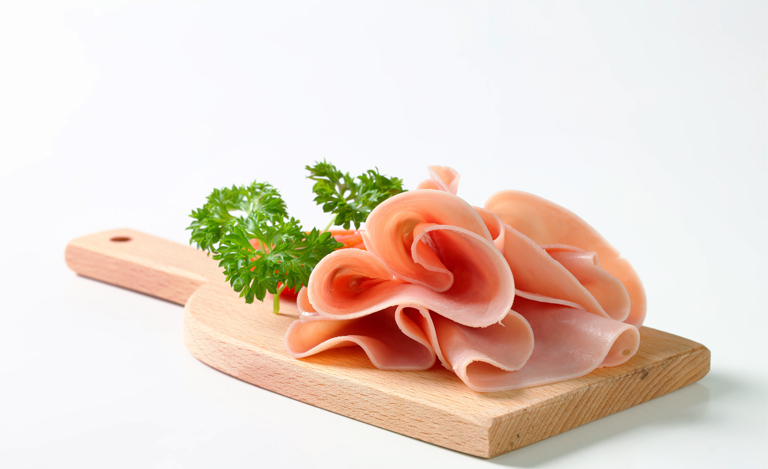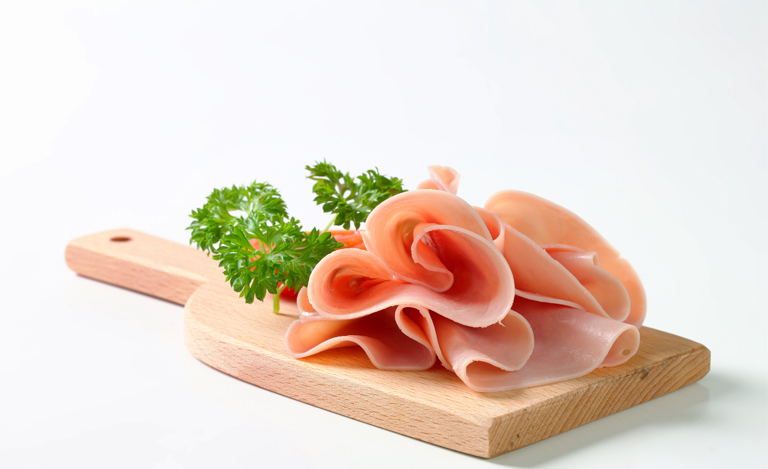The Organic Chicken Phenomenon
Organic chicken differs from conventional poultry primarily in how it is raised and processed. These chickens are fed organic feed, free from genetically modified organisms (GMOs), synthetic fertilizers, and pesticides. They are raised without antibiotics or growth hormones and are given access to the outdoors, allowing them to exhibit natural behaviors. The result is a product that is not only healthier but also ethically produced.
Health Benefits
Consumers in Dubai are becoming more health-conscious, prioritizing food that supports well-being. Organic chicken is perceived as a healthier option because it contains fewer chemicals and synthetic additives. Studies suggest that organic poultry has higher levels of certain nutrients, including omega-3 fatty acids, which are beneficial for heart health. Additionally, the absence of antibiotics in organic chicken reduces the risk of antibiotic resistance, a growing public health concern.
Environmental Impact
The environmental benefits of organic farming practices are another reason for the popularity of organic chicken. Organic farming methods emphasize soil health, biodiversity, and ecological balance. By avoiding synthetic chemicals and embracing sustainable practices, organic chicken farming helps reduce pollution and conserves water and soil quality. This resonates with the environmentally-conscious population of Dubai, who are increasingly considering the ecological footprint of their food choices.
Market Growth and Accessibility
The demand for organic chicken in Dubai has led to a noticeable increase in availability across the city. Supermarkets, specialty organic stores, and online platforms now offer a range of organic poultry products. Local farms and producers are also emerging, supplying fresh organic chicken directly to consumers. Restaurants and hotels, particularly those focused on health and wellness, are incorporating organic chicken into their menus, further boosting its popularity.
Challenges and Solutions
Despite the rising demand, the organic chicken market in Dubai faces challenges. One significant barrier is the higher cost of organic chicken compared to conventional options. The cost reflects the more labor-intensive and time-consuming farming practices required to meet organic standards. However, consumers are increasingly willing to pay a premium for food they perceive as healthier and more sustainable.
Another challenge is ensuring consistent supply and meeting regulatory standards. The Dubai government has implemented stringent regulations to certify organic products, Emirates Poultry Farm ensuring that they meet international standards. This regulatory framework helps build consumer trust in organic labels but also requires significant effort from producers to maintain certification.
The Future of Organic Chicken in Dubai
The future looks promising for organic chicken in Dubai. As consumer awareness and demand continue to grow, more producers are likely to enter the market, potentially driving down costs through increased competition and economies of scale. Advances in organic farming techniques and supply chain management will also contribute to the sector's growth and sustainability.
Educational campaigns and initiatives promoting the benefits of organic food will further bolster this trend. By highlighting the health, environmental, and ethical advantages of organic chicken, these efforts can encourage more consumers to make the switch.






Comments